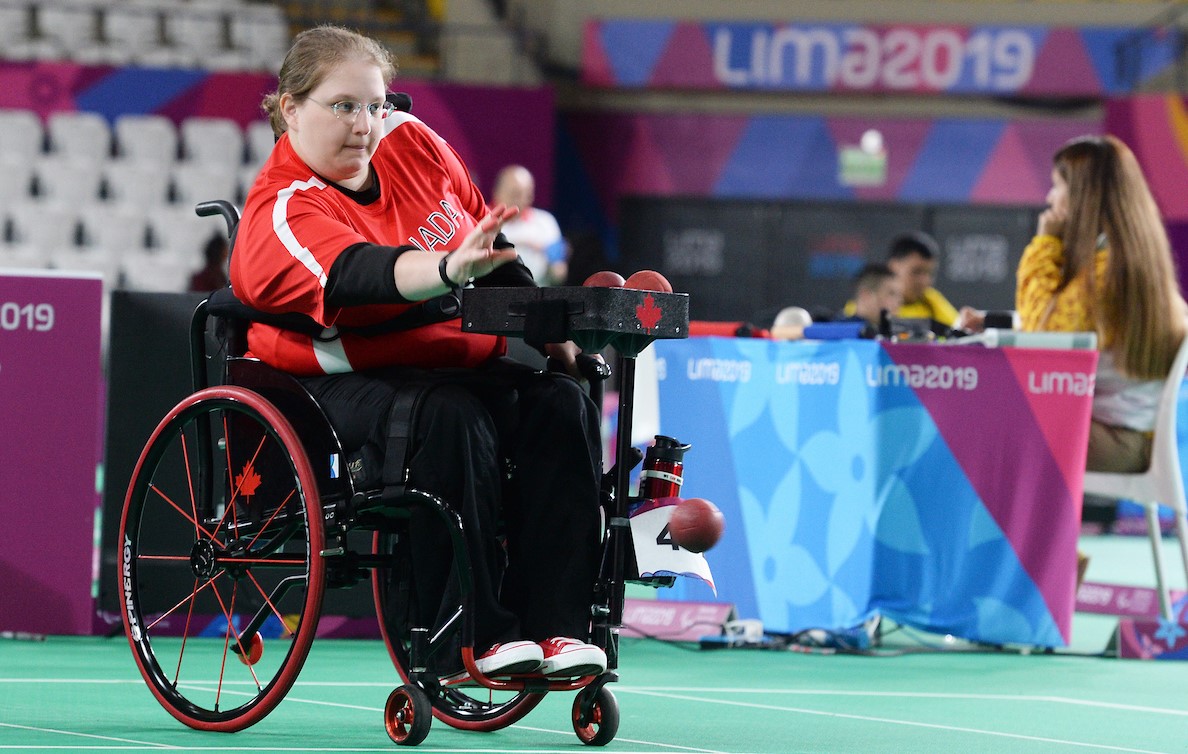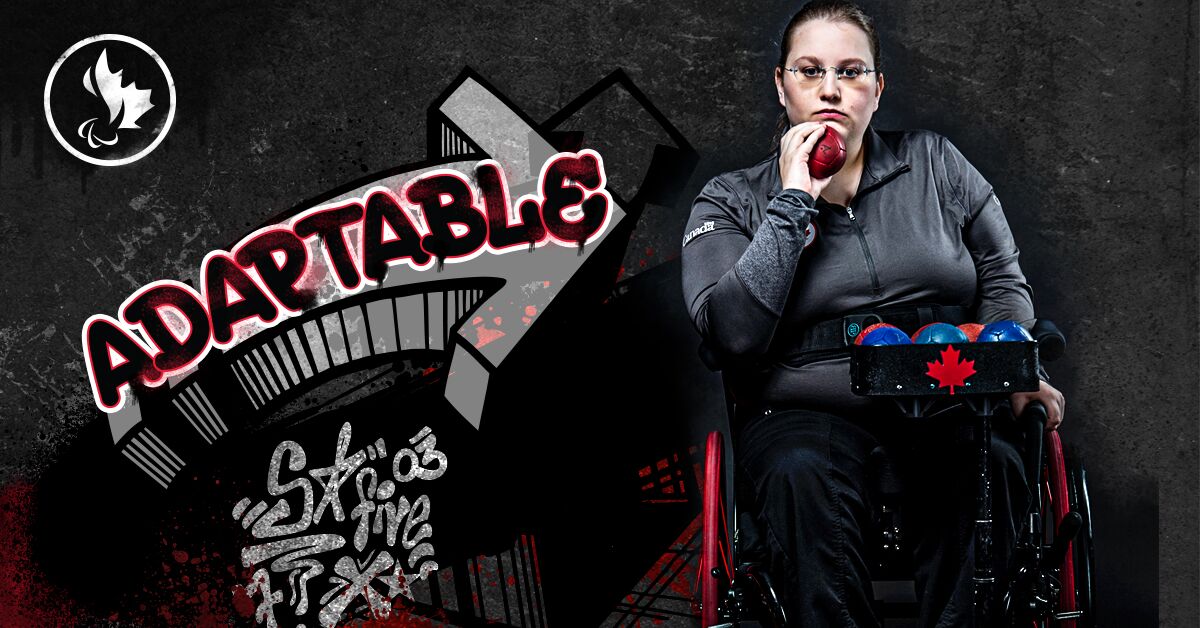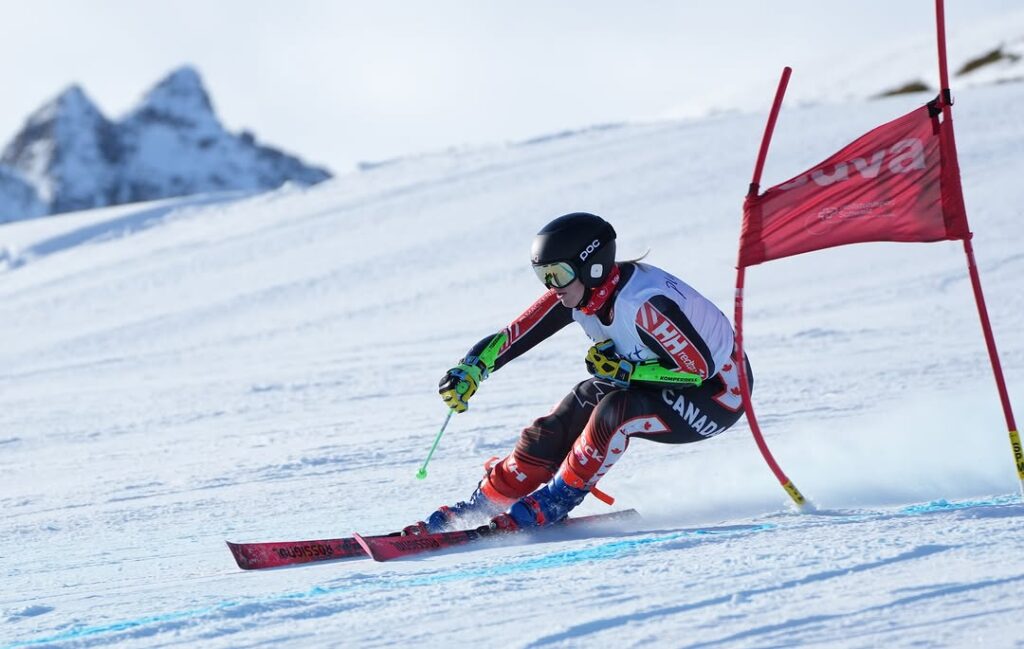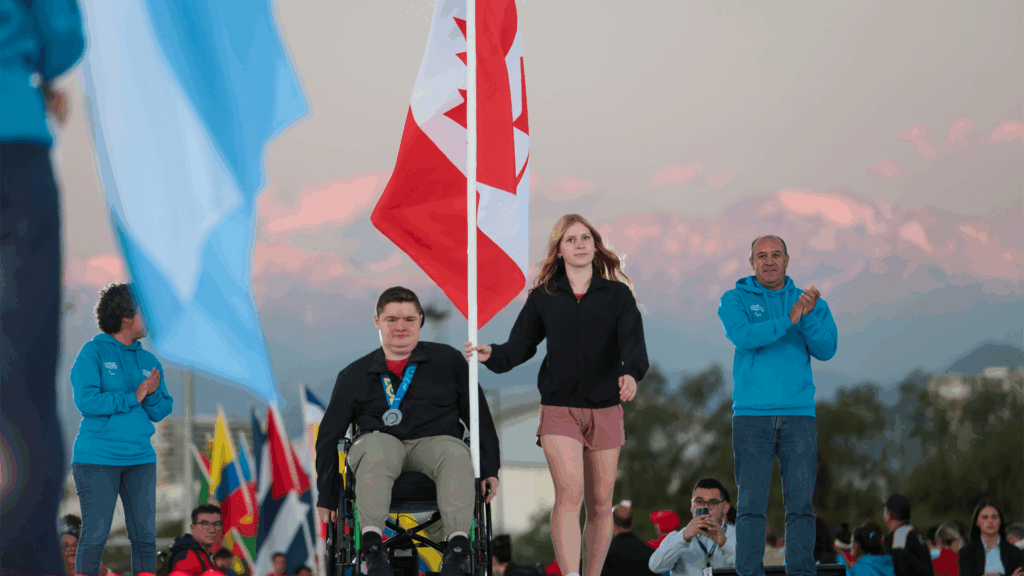Canadian boccia star Alison Levine battles sadness during coronavirus crisis
''I know I’m really well supported.”

It hasn’t been an easy few weeks for Canadian Paralympian Alison Levine, but she says she is on her way to victory over the sad emotions that overcame her with the onset of the coronavirus crisis.
The Montreal boccia star was preparing to attend a test event at the Paralympic venue for her sport in Tokyo before COVID-19 put a halt to all international travel.
“To be perfectly honest I’ve had some good days and some bad days as well,” said the 29-year-old Montreal resident in an interview with Benoit Huot. “Last week was a rough one for me. I had feelings of sadness which I hadn’t had before. It was almost grief at the feeling of not being able to do what I’m born to do.
“Still I’m keeping busy and feeling better and I’ve had a really good last three or four days.”
Levine agreed with the decision to postpone the 2020 Paralympic Games, but now unable to practice with her teammates or globetrot to international events, she has experienced some unpleasant feelings.
“There’s a feeling of loneliness,” she said. “We had a team Zoom chat recently and I realized that apart from me and another athlete, everyone lives with someone. I’m happy for my teammates that they are with the ones they love but that hit me hard.
“Still I contact family and friends online, my mother comes by and waves at the window, which is heart-breaking at times, so I know I’m really well supported.”
Levine was diagnosed with a neuromuscular disorder called idiopathic muscular dystrophy at age 12. She played wheelchair basketball, wheelchair rugby and even participated in competitive horseback riding.
Eventually she found her calling in sport. It was boccia and last year she ranked number-one in the world in May. She is considered one of Canada’s top medal contenders for the Tokyo Paralympic Games.
With the current situation, Levine tries to be adaptable in her thoughts and preparations.
“I know that everyone is in the same situation,” she said. “I just have to think abut things I can control. So I continue training as much as I can at home and benefit from the advice of my teammates and our staff to help me get through this.”




"*" indicates required fields
"*" indicates required fields